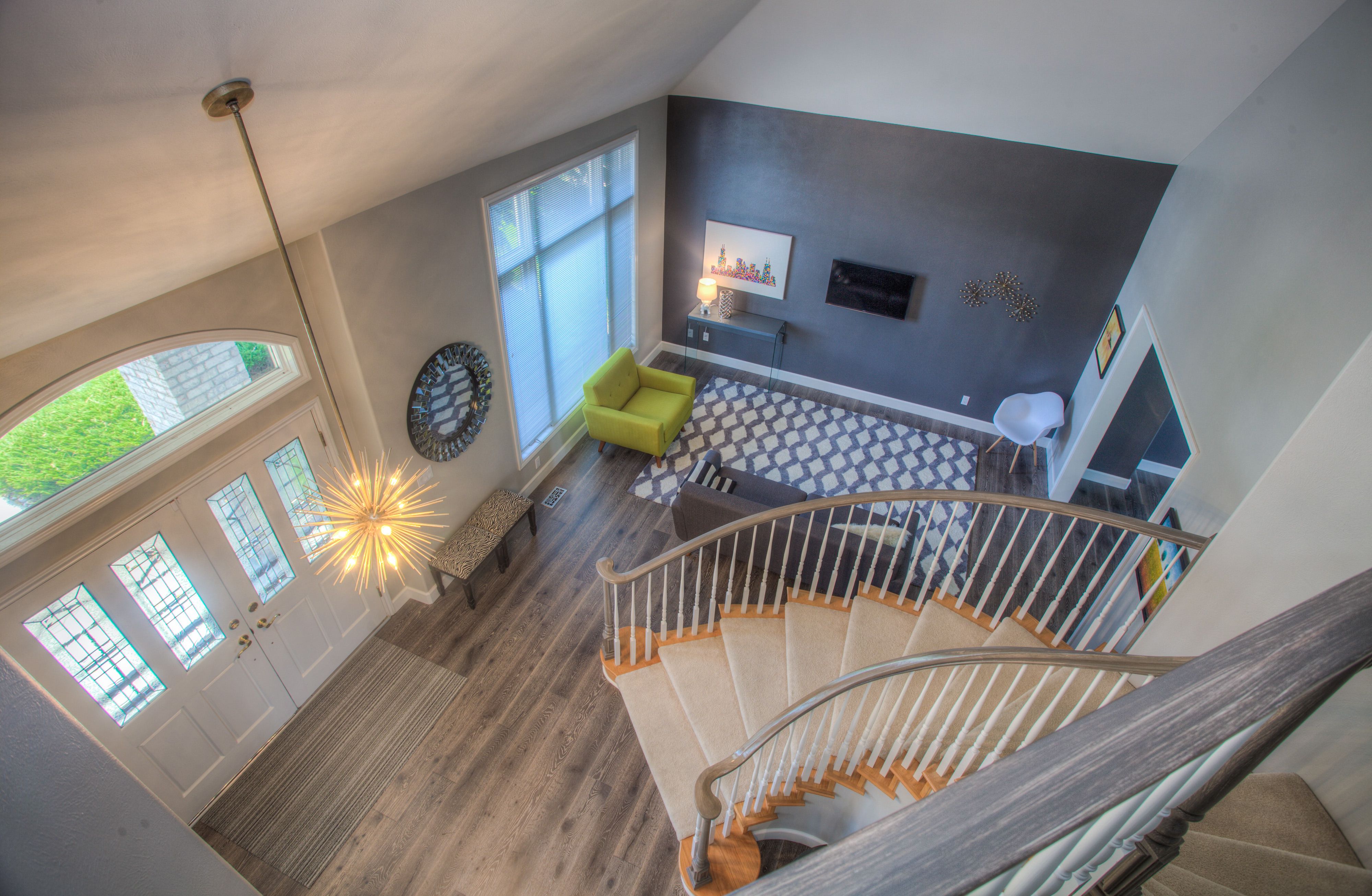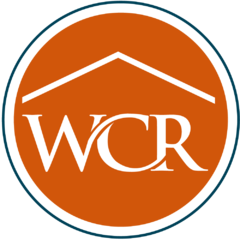Closing on a Home
Buying or selling a new home? The offer has been accepted, the open house is over, and in this moment you’re likely wondering, “Now what?”, “What exactly happens next?” or “How long does it take to close on a house?”. If so, you’re not alone.
Chances are the buyer isn’t paying in full in cash. As a result, the loan officer who works with the buyer will have a significant impact on how long the process takes, and dictate the amount of time it takes to close on a home.
Keep in mind – not all loan officers are created equal. Therefore, the value of a lender, who responds quickly, has a major impact at how long the process of closing takes.
Let’s examine what this is, and how long it takes.
What does “Closing on a House” mean?
Closing on a house refers to the process of getting from an accepted offer to legally transferring ownership. Typically, all of these final documents are signed and completed at the title company, and this is seen as the last stage in the process of buying/selling a home. The date of which this final transfer of ownership occurs is decided upon by the seller and buyer.
Who is involved?
Regardless of if you’re buying a house or selling a house, there are a number of key players involved in process of closing on a home, and they all play a vital role.
They include: closing agent (real estate lawyer, title company, or escrow officer), seller, listing agent, buyer, buyer’s agent, mortgage lender, home inspector, and appraiser.
Since there are a number of different parties involved, they likely aren’t giving their time for free.
How long does it take to “Close on a House”?
The day of closing you can expect to spend 60-90 minutes sitting down signing all the final pages of the paperwork. However, the time that it takes to get to the closing table – varies wildly.
1 day? 30 days? 3 months? Well, that depends where you live.
According to the REALTORS® Confidence Index Survey, 46 days is the average amount of time properties are on the market. Let’s say you list your property on April 1st, on average, by May 16th you could officially be finished. Live in Kansas? It could be as low as 31 days.
It’s possible that finding a home, getting it under contract, and closing can happen all within 30 days, it’s been done before. Is the buyer paying in cash? This could happen in as little as 14 days.
Ultimately, there is a lot of differing information out there about how long exactly this process takes. The reason for this is because there are multiple factors that influence why the official number of days to close might be different. But, what are some of those factors?
What influences how long it takes to close on a house?
Real Estate consultant, Karin Carr, suggests that there are 4 questions to ask that influence how long it takes to close on a house.
- What type of loan does the buyer have?
– VHA, FHA, USDA, or conventional. Every type has a different time frame.
– Is the buyer putting 0% down or 20%? - How financially stable is the buyer?
– If it’s the buyer’s first time in the in the housing market, or is new to the job market, the process will take longer. The less money you have the more carefully lenders will consider how big of a risk you are to them. From a lenders perspective, they would rather deny someone upfront than go through the tedious process of foreclosure. - What do both parties want?
– A seller might list the house in February. But, if their kids are in school, they might want to wait until the end of May to come to the closing table. - How good is the lender?
– The mortgage industry is a highly competitive one. There are lots of lenders, so if your needs aren’t being met, it’s easy to look elsewhere. Does your lender provide you with quick updates, or when you reach out are you met with crickets?
The most likely roadblock
The previously mentioned REALTORS® Confidence Index Survey state, “The biggest problem impacting a delay on the closing of a home is an “issue related to obtaining financing.” In fact, this impacts 40% of all closing delays.
This begs the question – Is the buyer pre-approved or just pre-qualified? Pre-approved buyers have a much higher likelihood to close more quickly. Loan officers need to double and triple check the buyer’s ability to pay something back before they sign a contract with them. The process of lenders doing their homework takes longer when someone is a greater financial risk. Before you walk in the door, are you aware how to reduce closing costs?
What should I focus on?
After you accept an offer in writing, earnest money is deposited, and the “Escrow/Closing” period officially begins. “Escrow/Closing” officially ends after the final signatures on closing day.
Now a lot can happens in between those two key events, with a wide ranging timeline, so how can you best prepare? Ask yourself the following 10 questions.
- Has the buyer been pre-approved?
- Am I communicating & replying quickly?
- Have I set clear expectations?
- Do any contingencies still exist?
- How many walkthroughs have been done?
- Did all inspections pass?
- What is the status of the title?
- How much homeowners insurance is needed?
- Was there an accurate appraisal value?
- Are any repairs needed?
What do I bring to Closing Day?
- Identification
– You don’t want to be running to the DMV at the last minute just to renew your license the day of closing on your home. - Money
– This one may sound obvious, but you might be surprised how often this happens. Ensuring the correct amount, having the bank account and routing information exact and making sure the money is wired to the desired spot is essential. - Documents (Lenders Network)
– Earnest money deposit
– Escrow account set-up
– Completed home inspection or waiver of inspection
– Final walk-through forms
– Deed of Trust & Executed promissory note
– Fully executed purchase agreement & addendums
– Completed home appraisal of property loan approval from mortgage company
– Buyer’s and sellers signatures on loan documents
Congratulations! You’ve now traded the keys for money, and you got what you wanted.


